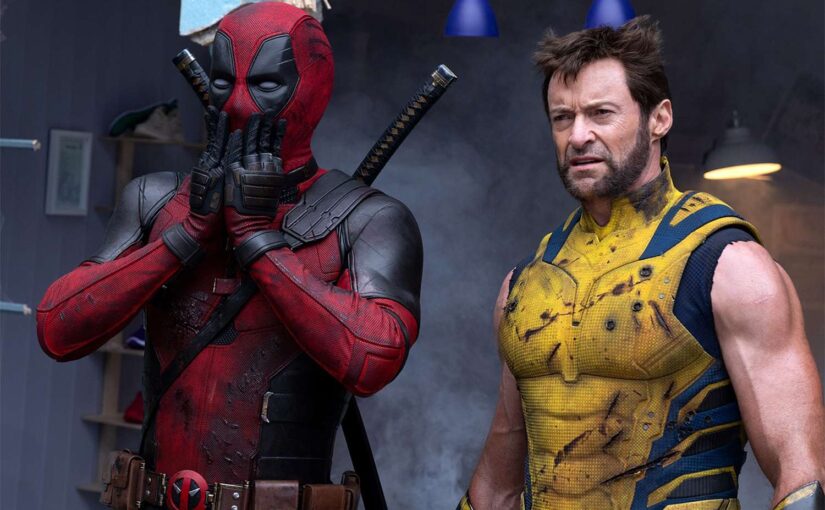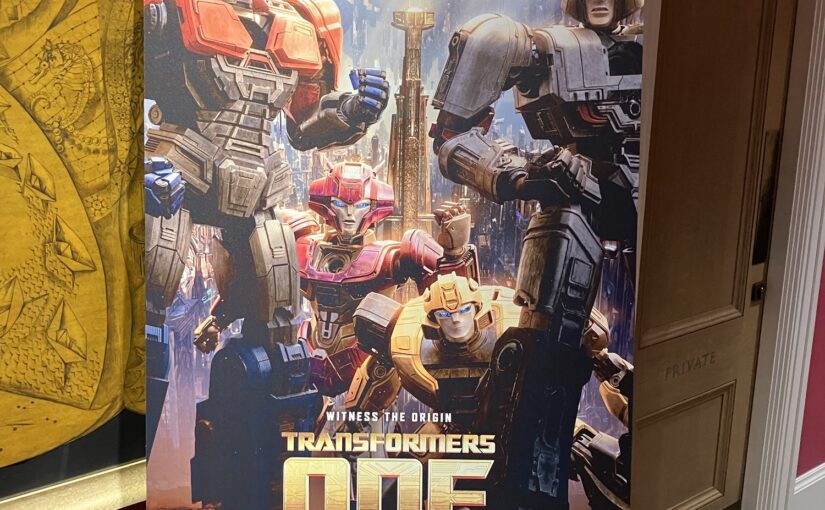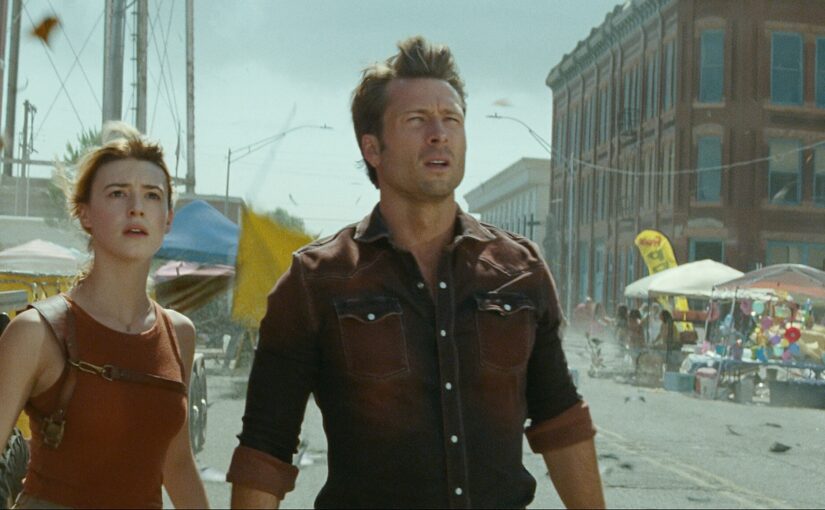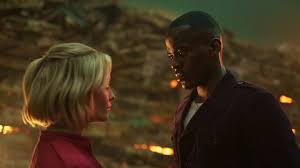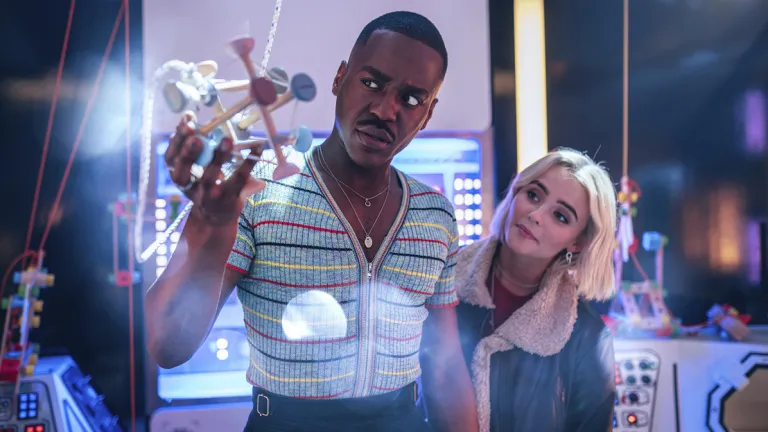Review-The Crow
In Rupert Sanders’ 2024 adaptation of “The Crow,” the boundary between the realm of the living and the dead is depicted as perilously thin, a concept made evident from the film’s opening moments. Loosely based on James O’Barr’s iconic comic, the movie explores the concept of evil within a mundane and cruel world. However, the film struggles to find a coherent voice, resulting in a confusing mix of styles and tones that undermines its potential. Despite its efforts to blend darkness with messages of love and redemption, it ultimately fails to capture the spirit of the original work.
The screenplay by Zach Baylin, inspired by the famous 1989 comic, strips the story of its unique elements, transplanting it into a dark, gang-ridden setting that adds little to the concept of an extraordinary anti-hero with a broken heart. This shift brings the story closer to the superhero genre than necessary, causing Eric Draven, originally a tragic icon immortalised by Brandon Lee, to lose much of his depth and identity. Bill Skarsgård’s portrayal of Eric is but a shadow of the complex character found in the comic, and the character’s return to the big screen feels more like a generic action hero than the mysterious, grief-stricken figure fans remember.
This disconnect is further compounded by the film’s stylistic choices. In an attempt to imitate the French Cinéma du look, Sanders prioritises visual flair over narrative substance. The result is a film that swings wildly between different tones and aesthetics, failing to establish a coherent atmosphere. Vincent Roeg (played by Danny Huston) is introduced as a potential enigmatic figure, but the film lacks the depth or interest to explore his origins, reducing him to a mere plot device.
The tragic origins of “The Crow” franchise only heighten the disappointment of this new adaptation. The original 1994 film, directed by Alex Proyas, was haunted by the real-life tragedy of Brandon Lee’s death during filming. The movie became a cult classic, not just for its gothic atmosphere and Lee’s charismatic performance, but also as a posthumous tribute to the actor. Proyas’ film successfully mixed elements of Japanese anime, Hong Kong gun-fu, and a brooding industrial aesthetic, creating a moody, memorable cinematic experience.
In stark contrast, Sanders’ version lacks the emotional and visual resonance of the original. His decision to distance the film from Proyas’ work is understandable, given the weight of the original’s legacy, but his execution leaves much to be desired. The film’s industrial aesthetic, with its blurry camera work and twisted angles, feels more like a superficial imitation of other action films, particularly “John Wick,” than a meaningful continuation of “The Crow’s” legacy.
The performances in the film also failed to elevate the material. Skarsgård, known for playing brutal villains, struggles to imbue Eric with the necessary depth, reducing the character to a muscle-bound anti-hero devoid of the tragic weight that made him iconic. FKA Twigs, portraying Shelly, fares even worse, as her performance lacks the ethereal quality needed to make the character compelling.
As the film plods along, it becomes clear that Sanders’ “The Crow” is a missed opportunity. The script quickly abandons any attempt to delve into the rich mythology of the comic, opting instead for a barrage of explosions, gunfire, and violence that becomes tedious rather than thrilling. Gone is the haunting image of Eric Draven standing in the darkness, wounded and grieving; in its place is a hollow action figure devoid of the mystery and pathos that made the character a cult figure.
Overall, “The Crow” (2024) is an underwhelming reboot that pales in comparison to both its source material and the original film. It’s a reminder that not every story needs to be remade, especially when the remake fails to capture the essence of what made the original so powerful. The film’s missteps in tone, style, and character leave it as a forgettable entry in a franchise that should have been allowed to rest in peace.



